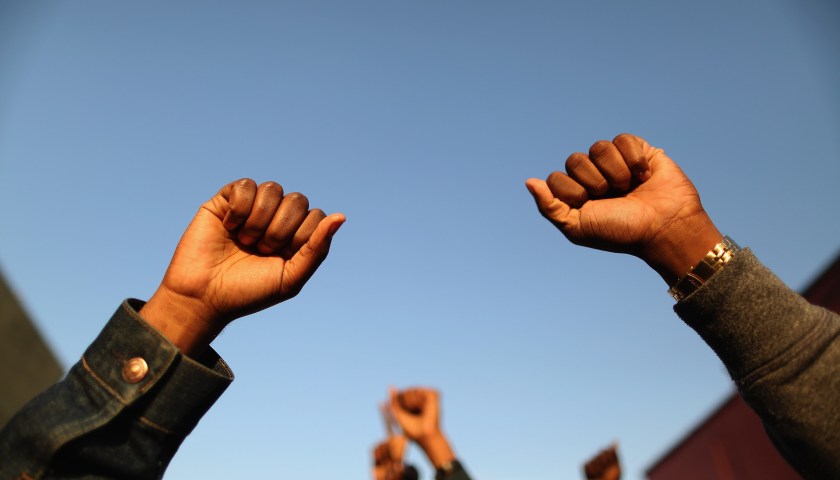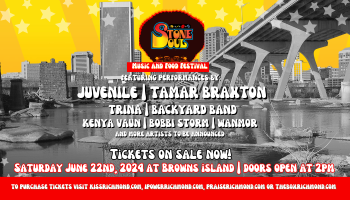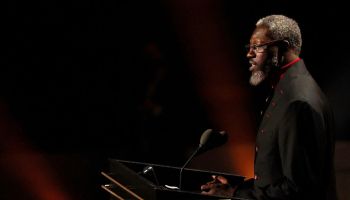In the midst of a movement sparked by continued state violence in Black communities — from police brutality to inadequate housing and lack of fresh water — the question of Black History Month’s legitimacy isn’t a question at all.
The week-turned-month-long celebration founded by Carter G. Woodson has roots in celebrating the achievements of Black people, but that sweeping definition often limits or blankets the full potential of what those four weeks could be — a time to acknowledge our elders and what they contributed, while celebrating modern-day Black history.
Today, in the middle of the largest Black liberation movement in recent history — that means learning from the past, organizing with that knowledge, and continuing to promote self-love, a revolutionary act in itself.
Larry Fellows III — an organizer from St. Louis, Mo. who served as the first Young Leader Fellow with Amnesty International USA in 2015 — and Sekou Odinga — a former member of the Black Panther Party and member of the Panther 21 who later spent 33 years behind bars as a political prisoner — may come from two different Black liberation movements, but both understand that to truly celebrate Black History Month, we must dig deeper.
“Black History Month is a reminder of how little we know about our Black history,” Odinga said, referencing the commonly told but irresponsibly diluted stories of Dr. Martin Luther King and Malcolm X.
“I’m glad that they have set a month aside for Blacks, and I hope that the young folks who think about Black History Month realize that BHM should be every day.”
Fellows, who agreed that not many recognize the breadth of Black History Month, offered his own participation in the Black Lives Matter movement as contemporary history to acknowledge:
“I also see when young people come up to me and so many of my friends in the movement and they’re excited to hear what we have to say.”
That too, is Black history.
“You’re important, don’t think you’re not. You need to pass on that information,” Odinga said to Fellows.
“Each one, teach one.”
In honor of Black History Month, watch the next installment of “Bridging The Gap,” a series that honors the civil rights movements of the past and present while building a bridge that will better help us understand where we are headed.
You can see more of Odinga and Fellows’ intergenerational discussion here.
PHOTO CREDIT: Asia Feliciano/NewsOne, Getty
SEE ALSO:
Bridging The Gap – Revolution Music Then & Now
Bridging The Gap: Does Social Media Invite Infiltration Into The Movement?
Bridging The Gap – The Intersection Between Black Lives Matter & The Black Panther Party
Bridging The Gap: Black History Month Across Generations was originally published on newsone.com
















